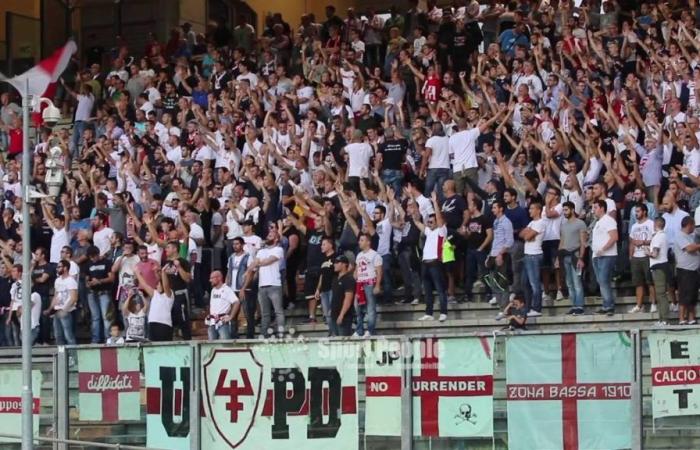From the stadium that we don’t like, to the management that doesn’t know how to work, to the ownership that invests little and up to the choice of players that aren’t right for us: today it seems that nothing escapes the criticism of the white and blue fans.
Those who are not from Padua wonder why we complain so much. Neuroscience offers us an interesting explanation: in Padua after these years of sorrow, we all need emotional relief. And lament, together with continuous protest, can be the solution. Complaining about Padua football all day, at least two things happen: 1. you feel safe, you sit on your perennial problem, you are comfortable in feeling understood by those who complain about the same things as you, therefore you belong to a community who shares the same feeling; 2. it makes you feel considered, because your constant complaints and protests make you appear like a martyr, someone who is suffering a huge injustice and therefore you become a person recognized by others. It seems strange, but complaining can actually make us feel better, at least temporarily. Giving in to complaining often strengthens the complaint circuit. Our brain is designed to be efficient: every time we complain we strengthen the neuronal circuit of complaint, and it will be easier to fall back into it perhaps without being fully aware of it. So complaint begs complaint, ad infinitum. In Padua, at least in football, we have become champions of complaint and protest. However, it is crucial to understand that while these reactions may be understandable, continuing to complain without seeking solutions can have long-term negative effects. The continuous protests not only keep the fan in a state of dissatisfaction, but also create an environment full of negative energy. This perpetual state of complaint justifies future failures. It’s as if, unconsciously, we’re looking for more reasons to complain, perpetuating a cycle of dissatisfaction that doesn’t lead to any concrete change. In fact, it makes things worse.
Instead, we should focus on what is wrong and really commit to changing it. We should direct our energy towards constructive and, above all, realistically possible solutions. Even insistent criticism can be useful when it is constructive and accompanied by real proposals. Passion for your hometown team is a powerful catalyst for change: you cannot change your football faith, it is only here that you need to find the right path. The defeatist drift of the last month risks only creating a circle of negativity that has repercussions on the entire environment, including players and the resulting results. Does it make sense? —



